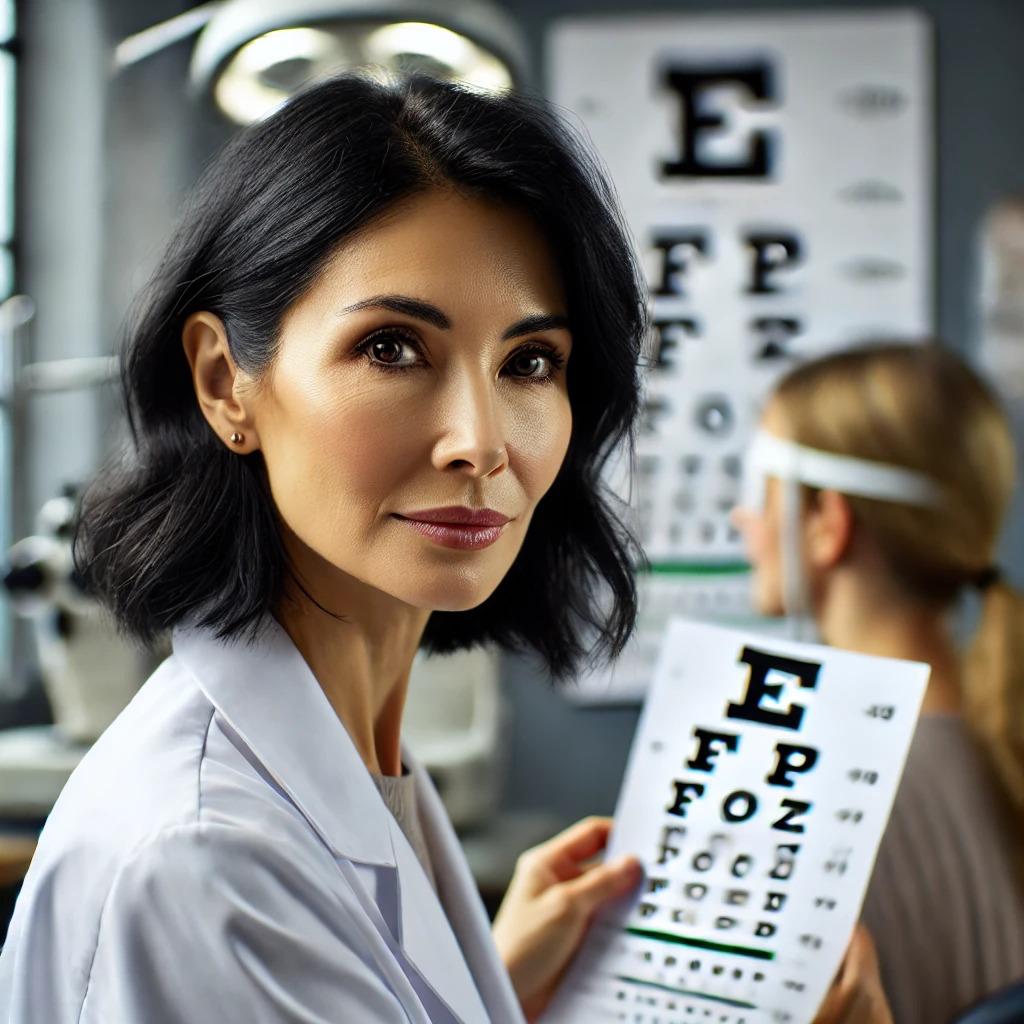When it comes to maintaining good health, eye care is often overlooked. Vision plays a critical role in our daily lives, impacting everything from our ability to work and study to how we enjoy recreational activities. That’s why finding the right ophthalmologist is crucial for navigating your eye health effectively. In this blog, we will explore the essential role of an ophthalmologist, the importance of regular eye exams, common eye conditions, and tips for maintaining optimal eye health.
The Role of an Ophthalmologist
An ophthalmologist is a medical doctor specializing in eye care and vision health. Unlike optometrists, who primarily provide vision testing and corrective lenses, ophthalmologists are trained to diagnose and treat a wide range of eye diseases and conditions. They can perform surgical procedures, prescribe medications, and provide comprehensive eye care.
What Services Does an Ophthalmologist Offer?
Ophthalmologists provide various services, including:
- Comprehensive Eye Exams: Regular eye exams are essential for early detection of eye conditions. During an exam, an ophthalmologist will assess your vision, check for refractive errors, and examine the overall health of your eyes.
- Diagnosis and Treatment of Eye Diseases: From cataracts and glaucoma to diabetic retinopathy and macular degeneration, ophthalmologists are equipped to diagnose and manage various eye diseases.
- Surgical Procedures: Many ophthalmologists perform surgeries, such as cataract removal, LASIK (Laser-Assisted In Situ Keratomileusis) for vision correction, and retinal surgeries.
- Pediatric Eye Care: Specialized care for children to address conditions like strabismus (crossed eyes) and amblyopia (lazy eye) is also provided.
- Oculoplastic Surgery: Some ophthalmologists specialize in surgeries related to the eyelids and surrounding areas, focusing on both functional and cosmetic concerns.
The Importance of Regular Eye Exams
Regular eye examinations are essential for maintaining good vision and overall eye health. The American Academy of Ophthalmology recommends the following guidelines for eye exams based on age:
- Children (0-18 years): Eye exams should begin at 6 months of age, with follow-up exams at age 3 and before starting school.
- Adults (19-40 years): Adults should have an eye exam every 2 to 4 years, depending on risk factors.
- Adults (40-64 years): Annual exams are recommended to detect early signs of age-related eye diseases.
- Seniors (65 years and older): Annual eye exams are crucial as the risk of eye conditions increases with age.
What to Expect During an Eye Exam
During a comprehensive eye exam, your ophthalmologist will perform a series of tests, including:
- Visual Acuity Test: This assesses how well you see at various distances using an eye chart.
- Refraction Assessment: This determines the need for glasses or contact lenses by measuring how light rays enter the eye.
- Dilated Eye Exam: Eye drops are used to widen your pupils, allowing the ophthalmologist to examine the retina and optic nerve for any abnormalities.
- Intraocular Pressure Measurement: This test helps detect glaucoma by measuring the pressure inside your eye.
Common Eye Conditions
Awareness of common eye conditions can help you recognize symptoms and seek timely treatment. Some prevalent eye conditions include:
1. Cataracts
Cataracts occur when the lens of the eye becomes cloudy, leading to blurred vision. They are common in older adults but can also occur due to injury or certain medications. Cataract surgery is a safe and effective procedure to restore clear vision.
2. Glaucoma
Glaucoma refers to a group of eye conditions that damage the optic nerve, often due to increased intraocular pressure. It is known as the “silent thief of sight” because it can progress without noticeable symptoms. Early detection through regular eye exams is essential for managing glaucoma and preventing vision loss.
3. Macular Degeneration
Age-related macular degeneration (AMD) affects the central part of the retina, leading to vision loss in the central field. There are two forms: dry and wet AMD. While there is no cure, early detection and treatment can slow the progression of the disease.
4. Diabetic Retinopathy
This condition occurs when diabetes causes damage to the blood vessels in the retina. Diabetic retinopathy can lead to severe vision impairment if not managed properly. Regular eye exams are crucial for individuals with diabetes to monitor their eye health.
5. Refractive Errors
Refractive errors, including myopia (nearsightedness), hyperopia (farsightedness), and astigmatism, can often be corrected with glasses or contact lenses. An ophthalmologist can provide personalized recommendations based on your specific needs.
Tips for Maintaining Optimal Eye Health
In addition to regular eye exams, there are several steps you can take to protect your vision and maintain optimal eye health:
- Eat a Balanced Diet: Consuming a diet rich in fruits, vegetables, and omega-3 fatty acids can benefit your eye health. Foods high in antioxidants, such as leafy greens, carrots, and fish, help protect your eyes from damage.
- Stay Hydrated: Drinking plenty of water helps keep your eyes moist and reduces the risk of dryness and irritation.
- Practice Good Hygiene: If you wear contact lenses, follow proper hygiene practices to prevent infections. Always wash your hands before handling your lenses.
- Limit Screen Time: Extended screen time can cause digital eye strain, leading to discomfort and fatigue. Follow the 20-20-20 rule: every 20 minutes, take a 20-second break and look at something 20 feet away.
- Wear Sunglasses: Protect your eyes from harmful UV rays by wearing sunglasses that block 100% of UVA and UVB rays when outdoors.
- Don’t Smoke: Smoking is linked to an increased risk of cataracts and macular degeneration. Quitting smoking can significantly benefit your eye health.
Navigating your eye health is essential for maintaining quality vision and overall well-being. By establishing a relationship with a trusted ophthalmologist, you can access comprehensive eye care tailored to your needs. Regular eye exams, awareness of common eye conditions, and proactive measures to protect your vision are key components of a healthy eye care routine. Remember, your eyes are precious—take the necessary steps to safeguard your vision for years to come. If you haven’t had an eye exam recently, now is the perfect time to schedule an appointment and take control of your eye health.
https://technonetwork.co.in/wp-admin



